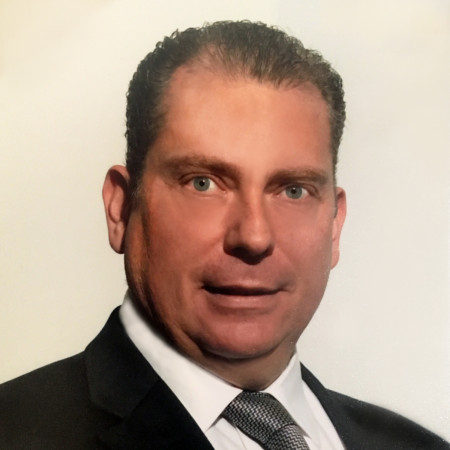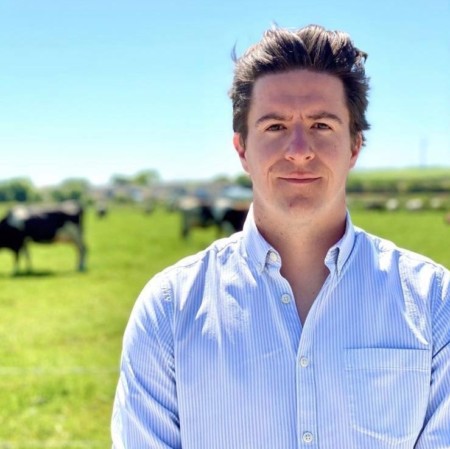Who We Are
Our Key Priority Areas
Product Integrity
Team Member Health and Safety
Animal Welfare
Water
Energy and Climate Change
Our Approach
In 2015, we performed an extensive Corporate Materiality Analysis (CMA) that identified the material issues for our business. This analysis, while inclusive of Pilgrim’s internal perception of the company’s sustainability performance, relied heavily on the views and perceptions of outside stakeholders, including non-governmental organizations, community organizations, key customers, suppliers, financial institutions, government officials, academia, industry trade associations and other industry stakeholders. The topics identified through this consultation process defines our key priority areas, five-year goals and reported annual performance.
In 2020, we hired external consultants to revisit our CMA in order to understand how the expectations of our key stakeholders may have shifted due to events such as COVID-19 and groundswells of support against racial injustice. Through surveys and in-depth interviews, stakeholders from around the world and across our supply chain provided insights that confirmed our efforts in key areas. The stakeholder feedback provided helps guide our current strategy and informed our goals for 2030 and beyond.
Additionally, the Pilgrim’s Ethics Line is used for employee consultation and we continuously gather feedback around our material issues from internal and external stakeholders through one-on-one conversations with customers, consumers, team members, subject matter experts and involvement in cross-collaborative supply chain sustainability initiatives. This feedback helps inform our process, progress to goals and annual performance which is, at minimum, annually reported to our board of directors for additional feedback and guidance. Additionally, select stakeholders were involved in the development of this report.
To fully integrate our key priority areas as identified by our CMA and ensure we remain focused on continuous improvement, we set aggressive 2020 improvement goals based on our 2015 benchmarks. Due to our recent acquisitions, our 2020 goals were only applicable to our U.S. business; however, we are now excited to announce our globally aligned 2030 improvement goals.
Our Management Approach
Our sustainability program is managed by regional directors of sustainability who report to the presidents of Pilgrim’s U.S., Pilgrim’s Mexico, Pilgrim’s Moy Park and Pilgrim’s UK, with ultimate oversight from Pilgrim’s Global CEO. These regional leads partner with subject matter experts on our environmental, team member health and safety, animal welfare and food safety and quality assurance teams, who, in turn, are responsible for implementing and improving our sustainability performance on the ground. Our Pilgrim’s sustainability program is also supported by our Corporate JBS USA Sustainability Department. Direct responsibility for decision making on the economic, environmental and social topics resides with the JBS USA Head of Corporate Affairs and Chief Sustainability Officer (CSO), who reports directly to the JBS USA CEO. The Pilgrim’s sustainability program follows the same approach as our parent company, JBS USA.

Jessica Langley
Head of Sustainability, Pilgrim's U.S.

Leon Felipe Moya Daumas
Institutional Affairs Manager, Pilgrim's Mexico

Declan Cunningham
Head of Sustainability and Risk Management, Pilgrim's Moy Park

Matt Dight
Head of Sustainability, Pilgrim's UK
 Collaboration for a Better Future
Collaboration for a Better Future

The broad-based, industry-wide issues facing North American and European agriculture today require full value chain collaboration to identify sustainable approaches that prioritize continuous improvement. As such, we are active members of many industry-based associations, some of our partners include:
- American Association of Avian Pathologists
- American College of Poultry Veterinarians
- American Fats and Oils Association
- American Feed Industry Association
- American Meat Science Association
- American Society of Animal Science
- American Veterinarian Medical Association
- Association of National Advertisers
- British Frozen Food Federation
- British Poultry Council
- Campden BRI Food and Drink Initiative
- Celaya Poultry Association
- Chilled Food Association
- European Federation for Beef and Pork Meat
- Fats and Protein Research Foundation
- Food Network for Ethical Trade
- Food Safety Preventative Controls Alliance
- French Meat Federation
- French Meat Interprofessional Federation
- French Poultry Federation
- Global Food Safety Initiative
- Institute of Food Technologists
- Institute of Livestock or INRA (French National Institute of Agricultural Research)
- International Consortium for Antimicrobial Stewardship in Agriculture
- International Institute of Ammonia Refrigeration
- International Meat Trade Association
- National Association of TIF Establishments
- National Chicken Council
- National Renderers Association
- Northern Ireland Food and Drink Association
- Northern Ireland Poultry Federation
- Nuevo Leon Poultry Farmers Association
- Organic Farmers and Growers
- Pet Food Alliance
- Poultry Science Association
- Red Tractor
- Research Chefs Association
- Soy Transparency Coalition
- Sustainable Agriculture Initiative Platform
- UK Roundtable on Responsible Soya
- Union of Poultry Farmers of the State of Queretaro
- United Poultry Farmers of the State of Guanajuato AC
- U.S. Poultry and Egg Association
- U.S. Poultry and Egg Export Council
- U.S. Roundtable for Sustainable Poultry and Eggs
Pilgrim’s holds leadership roles in a number of multi-stakeholder partnerships dedicated to responsibly addressing sustainability to advance continuous improvement through the supply chain.
 |
The U.S. Roundtable for Sustainable Poultry and Eggs The US-RSPE was launched in 2019 and is the nation’s multi-stakeholder sustainability initiative for the U.S. poultry and egg value chain. The US-RSPE has the ability to bring together a broad group of diverse stakeholders, who can collaboratively focus and accelerate continuous improvement in the entire poultry and egg value chain. Together, they hope to continually advance the U.S. as a global leader in responsibly produced poultry and eggs. Pilgrim’s U.S. is a founding member and board of director member. |
 |
The Sustainable Agriculture Initiative Platform The SAI platform is a multi-stakeholder initiative that aims to harness the collaborative power of its members to accelerate widespread adoption of sustainable agricultural practices. Their vision is to grow a sustainable, thriving and resilient agricultural sector that safeguards farm viability and protects and preserves the earth’s resources, human rights and animal welfare while supporting our members and adding value across the European food and drink industry. Pilgrim’s Moy Park is a member. |
 |
Food Network for Ethical Trade FNET was established in 2016 by a number of major UK food companies to improve human rights in global food supply chains through a common approach to managing ethical trade. They aim to support members to identify, manage and respond to global food supply chain ethical trade risks, to improve the food industry’s understanding of ethical trade, to identify and facilitate collaboration opportunities, to promote trust and to build a forum for sharing issues and best practice. Pilgrim’s UK is a member of the technical board. |
